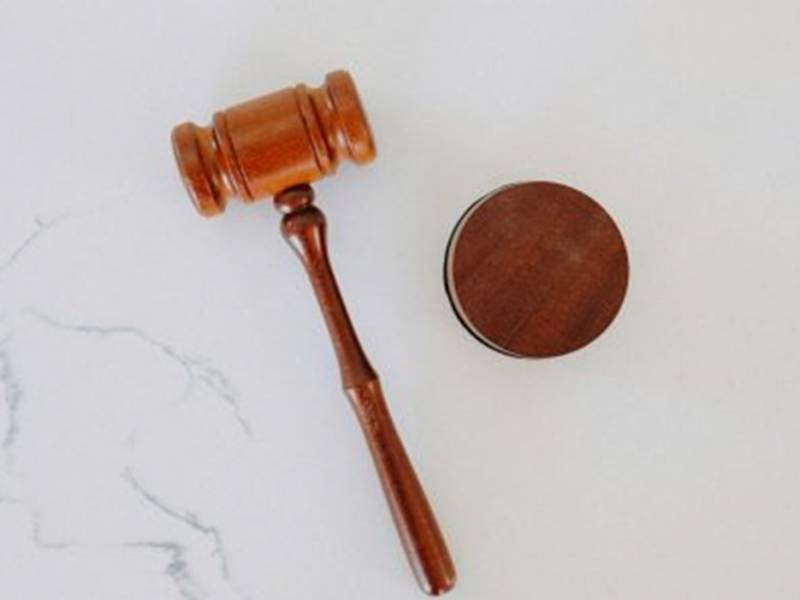

HOW TO SPOT THE WARNING SIGNS OF A DANGEROUS PARTNER
HOW TO SPOT THE WARNING SIGNS OF A DANGEROUS PARTNER
According to research, an estimated one in 10 children in the UK suffer some form of abuse. In the US, as many as one in seven do.
While cases of ‘infanticide’, the murder of a child by a parent, are significantly rarer, studies suggest that some 450 children lose their life at the hands of a parent each year in the US, and 32 in the UK.
To safeguard our family to the best of our ability, it is vital to be aware of the most common warning signs that might indicate a potentially dangerous partner.
While it’s not always possible to spot these signs in a person who has the capacity to be dangerous — for instance, if they are good at concealing them, like my ex-husband Mario, sadly was — my hope in writing this article is that at least some future tragedies can be averted by prompt action prior to a violent crime taking place.
Here, then, are the 10 most common signs to watch out for. If you spot one or more of these and need guidance on what to do next, read the article Escaping A Violent Partner: Getting To Safety.
1. Controlling Behaviour
Watch out for partners who exhibit excessive control over every aspect of your and/or your child’s life, from the way you dress to who you spend time with. A healthy relationship thrives on mutual respect and trust, not dominance and manipulation. If you find yourself or
your child feeling stifled or afraid, it’s a red flag.
2. Explosive Anger
Everyone gets upset from time to time, but explosive and unpredictable anger can be a sign of deeper issues. If your partner reacts violently or becomes excessively angry over minor issues, it’s important to take notice.
3. Isolation Tactics
Abusive partners often try to isolate their victims from friends and family as a means of gaining control. If your partner discourages or prevents you and your family from spending time with loved ones, it’s a warning sign. Isolation can make it easier for an abuser to maintain power and control.
4. Threats and Intimidation
Pay attention to any threats, whether veiled or explicit. A partner who uses intimidation to maintain control is a danger to the safety of you and your children. Verbal threats can escalate into physical violence, putting your family at risk.

5. Jealousy and Possessiveness
While a bit of jealousy is normal, excessive possessiveness is a cause for concern. A partner who consistently doubts your faithfulness or tries to control your interactions with others may pose a threat.
6. History of Violence
If your partner has a history of violence, whether towards you or others, it’s crucial to take this seriously. Patterns of abusive behaviour tend to repeat, and the safety of your children must be the top priority.
7. Disregard for Boundaries
Respecting each other’s boundaries is fundamental in a healthy relationship. A partner who consistently violates personal space or disregards wishes is demonstrating a lack of respect. Adults and children alike need a safe and stable environment where their boundaries are acknowledged and protected, not violated.
8. Gaslighting
Gaslighting is a form of psychological manipulation where the abuser seeks to make their victim doubt their own perception, memory, or sanity. If your partner frequently denies their actions, twists the truth, or tries to make you feel like you are going crazy, it’s a red flag.
9. Substance Abuse
While not everyone who struggles with substance abuse is violent, it can be a contributing factor. Substance abuse can impair judgment and exacerbate violent tendencies. If your partner’s substance use is negatively impacting your family life, it’s a cause for concern.
10. Narcissistic Personality Disorder
Narcissistic personality disorder (NPD) is a mental health condition where someone has an unreasonably high sense of their own self-importance. Not all people with this condition are dangerous but those with the most extreme form, ‘malignant narcissism’, can become violent when triggered, threatening your family’s safety. This narcissistic rage happens when the narcissist’s beliefs about their own importance are challenged.
If your partner displays five or more of these recognised traits then they may possibly be a narcissist:
- An inflated sense of their own self-importance
- A tendency to fantasise about their own unlimited success, power, beauty, brilliance, or ideal love.
- A belief that they are special and unique and can only be understood by, or should associate with, others who are equally special or high-status.
- Constantly craving and needing excessive admiration.
- Displaying a sense of entitlement.
- Displaying exploitive behaviour.
- Lacking empathy.
- Being envious of other people, or alternatively believing that other people are envious of them.
- Displaying arrogantly superior behaviours and/or attitudes.
While I don’t want to scare you — dangerous partners are the exception, not the norm — it is vital to be alert to any potential warning signs. Your safety and the safety of your children should always be the top priority. If you recognise any of these signs in your relationship, it’s important to seek help. Reach out to friends, family, or professionals who can provide support and guidance.
Finally, remember, you are not alone, and there is help available to ensure a safe and healthy future for you and your children if you need to escape an abusive or dangerous partner.



